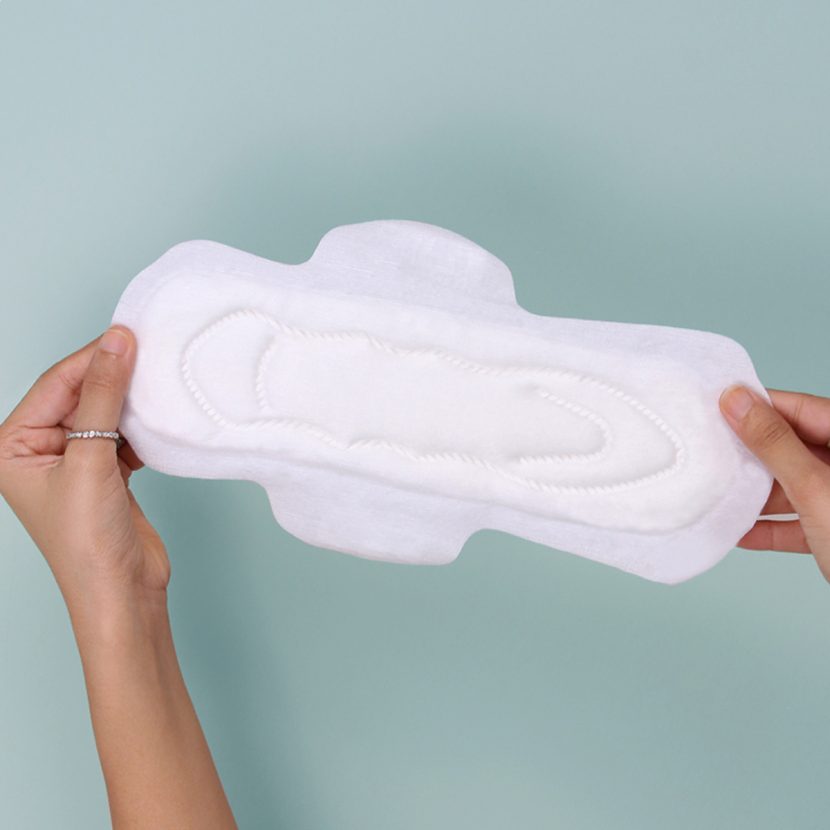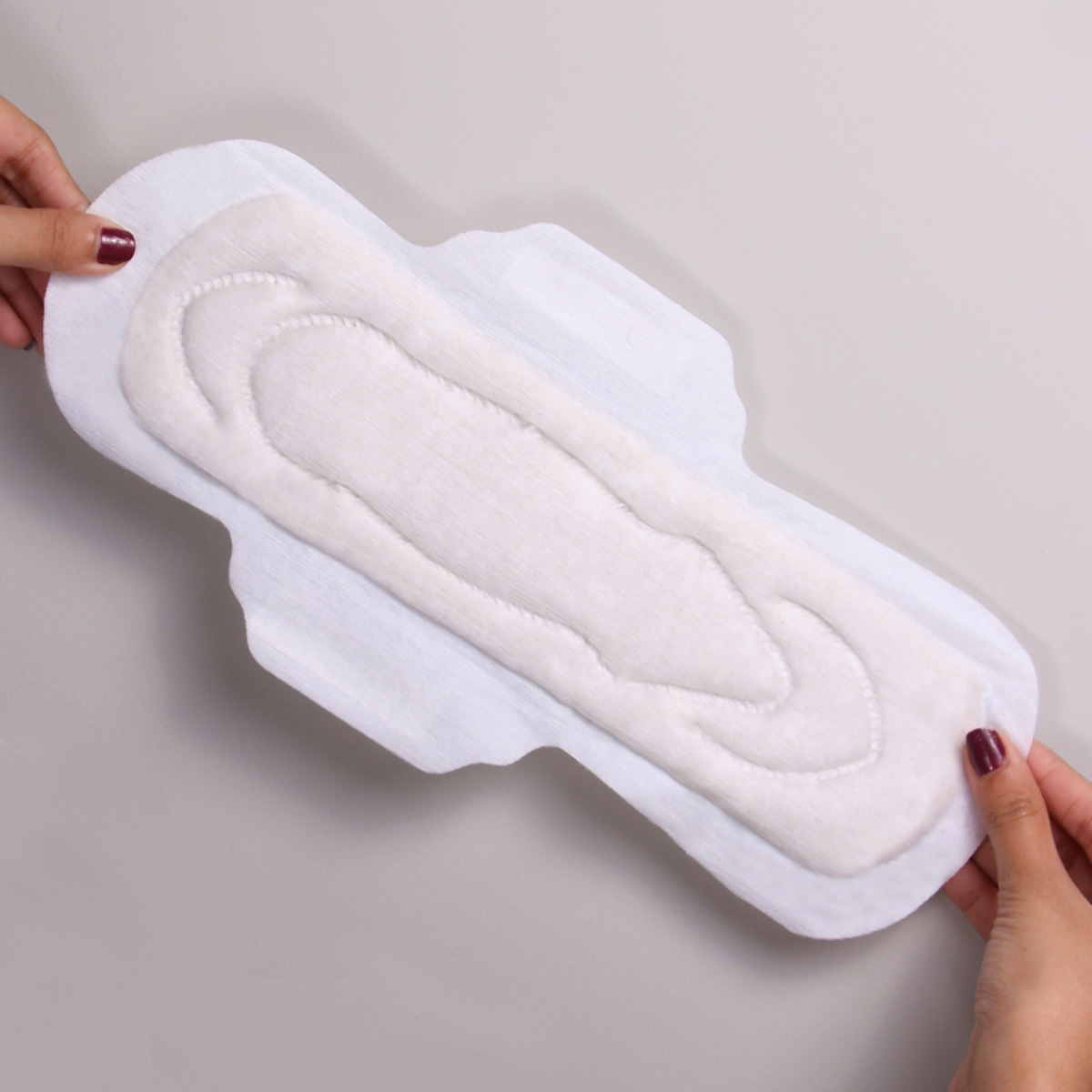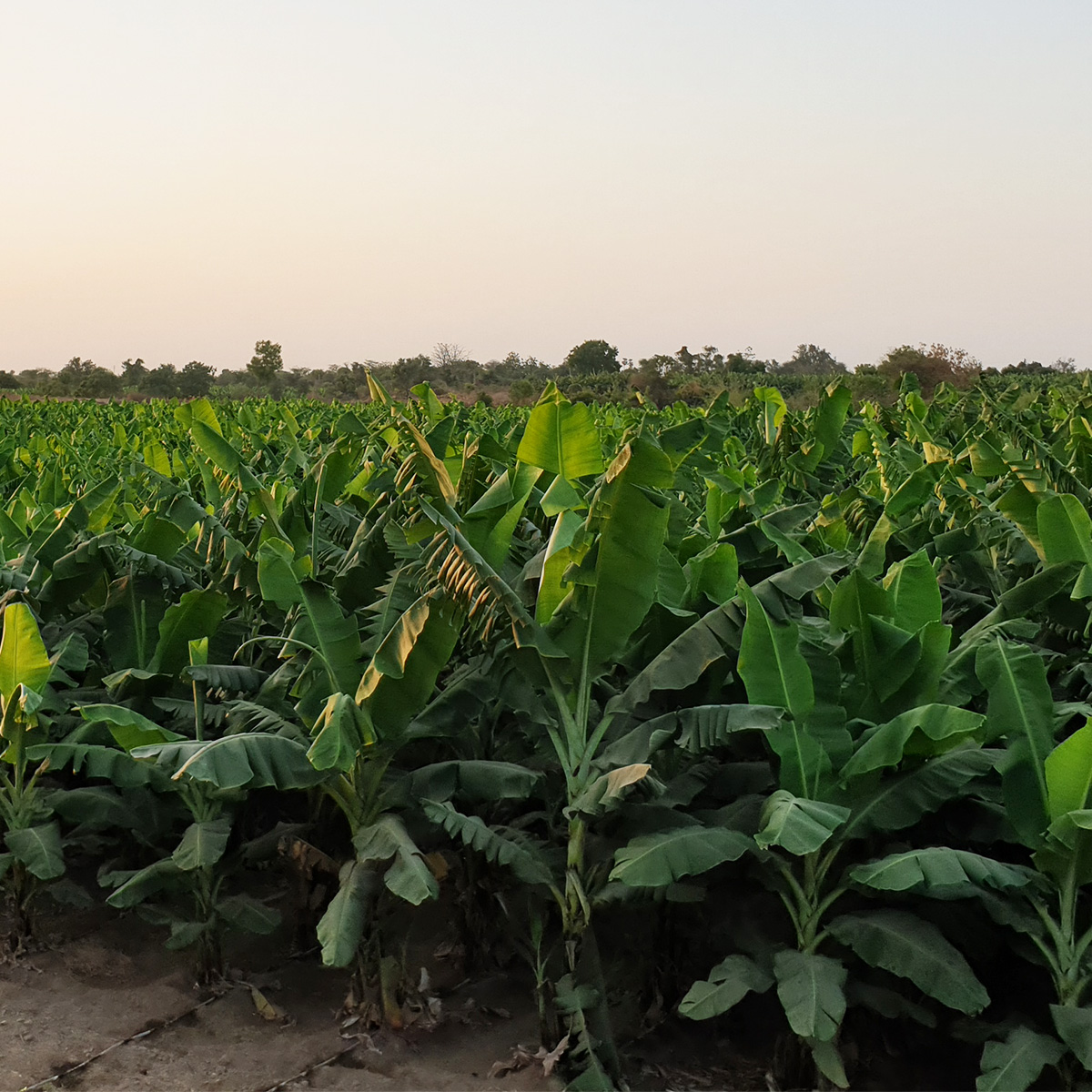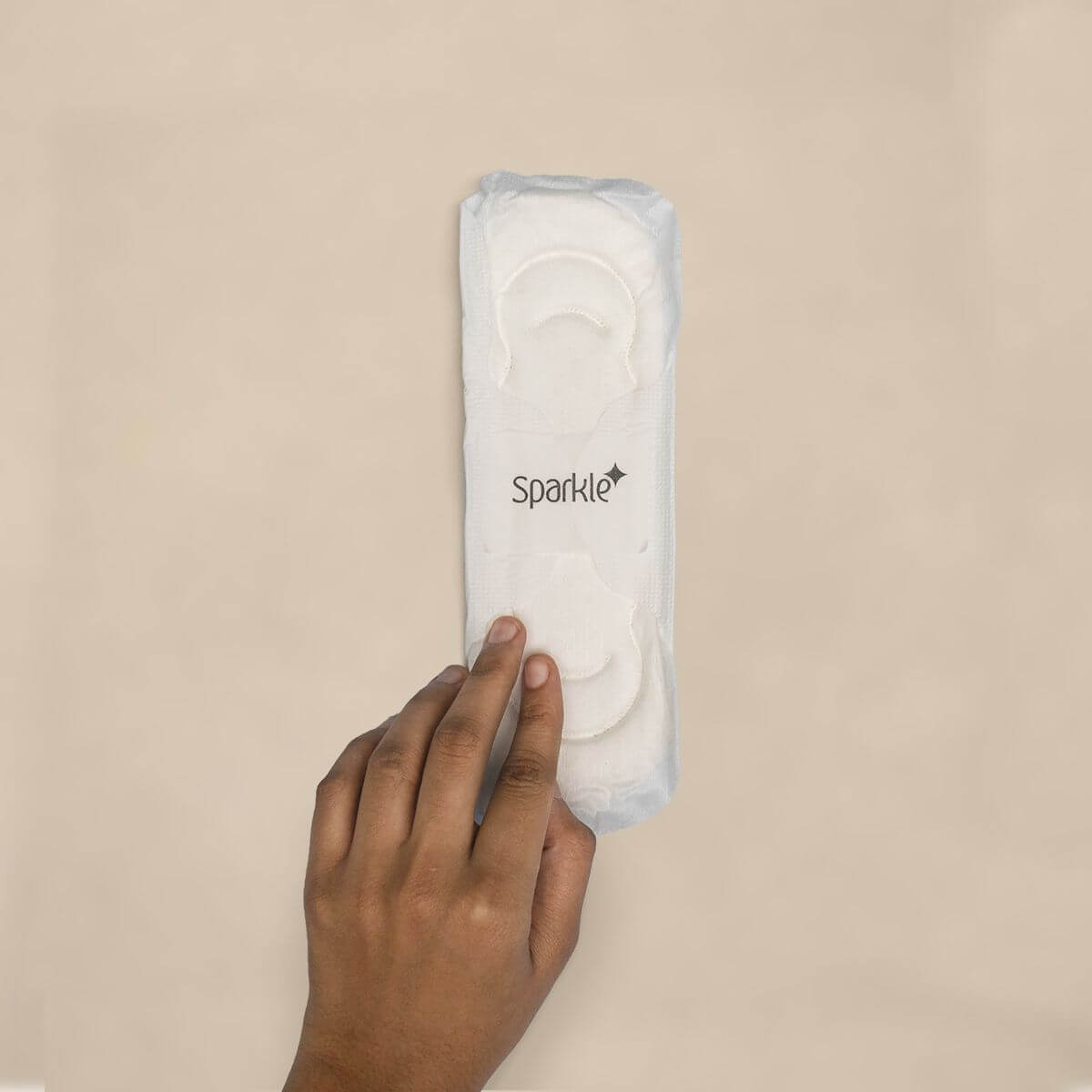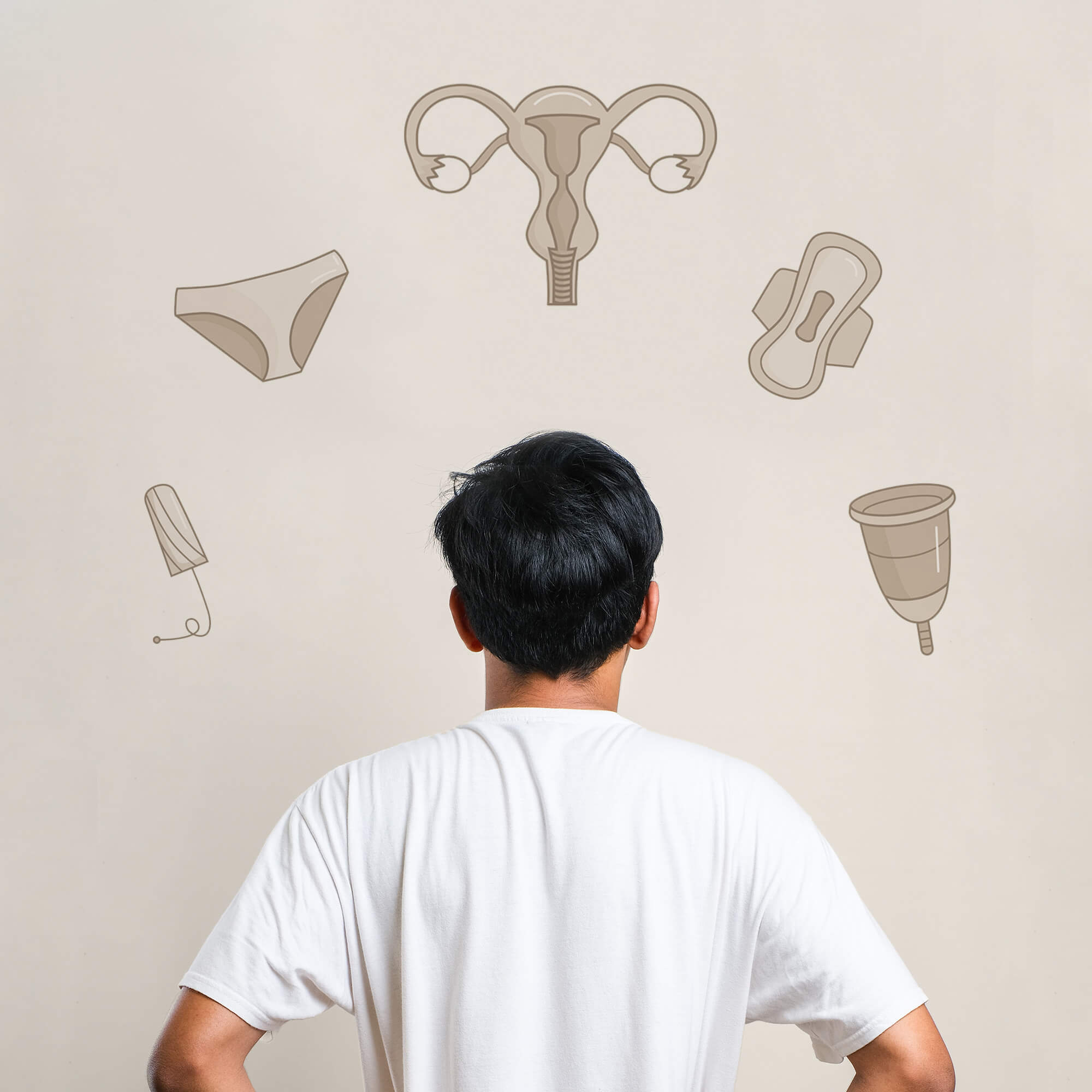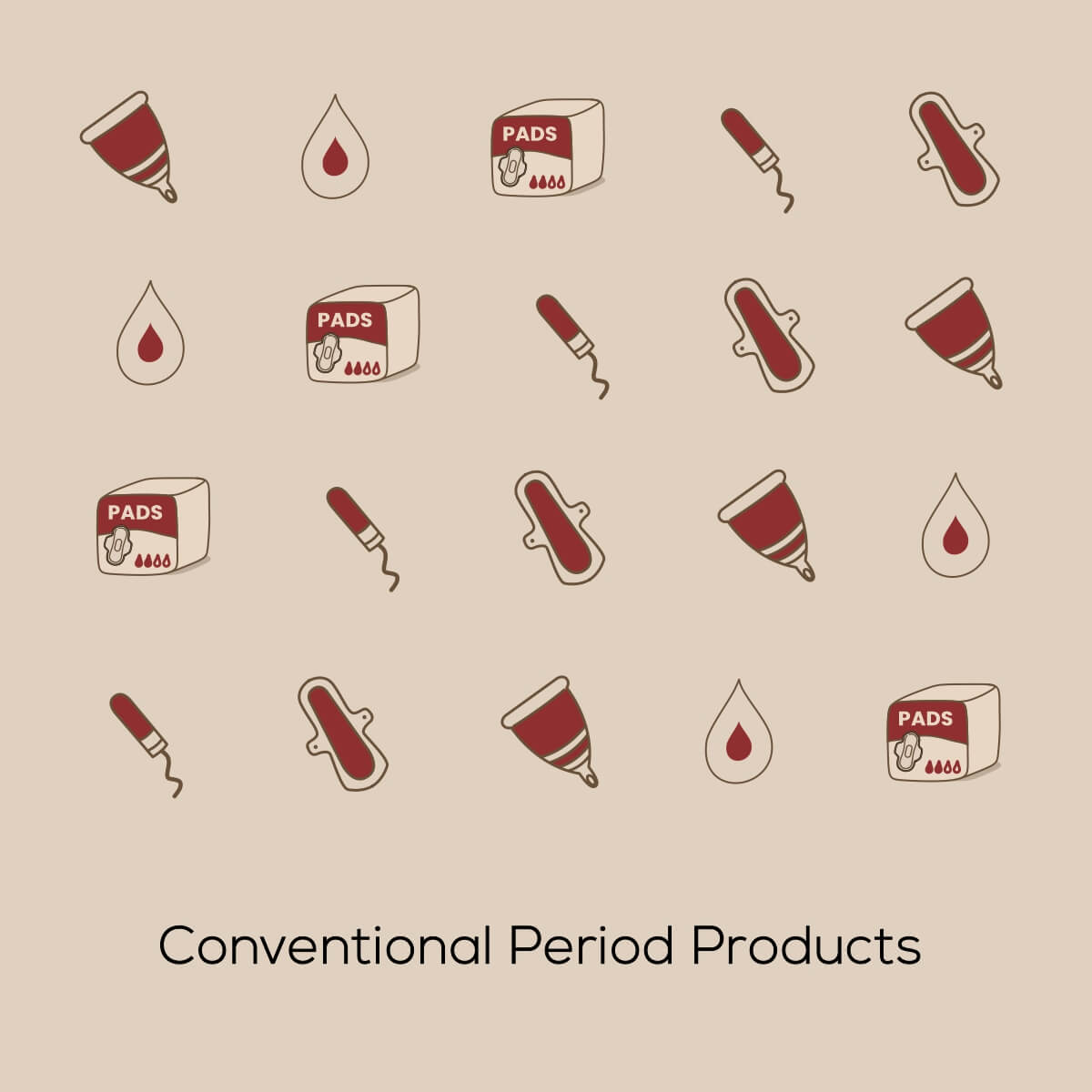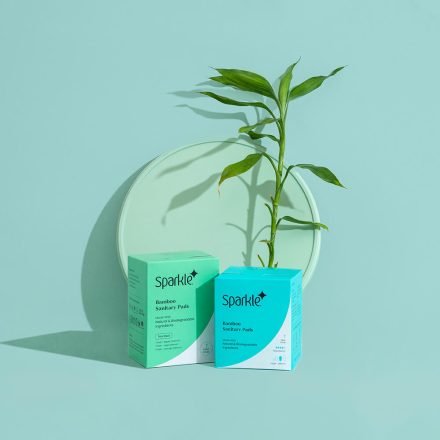With an invisible virus venturing around the world, we’ve realized how difficult it is to have someone/something chasing us throughout, and forcing us to stay suffocated under various restrictions. Now, can you imagine how difficult it must be for our planet to deal with the thousands of tonnes of waste materials that have been accumulated over the years now, not allowing it to breathe?
At Sparkle, we are aware that, for as long as the human race exists, the generation of waste materials will also exist. So, what we can do is focus on reducing the amount of waste, while also trying our best to develop products that can generate biodegradable waste. This will allow our planet to breathe and prevent the accumulation of toxic materials and non-biodegradable pollutants that do not decompose for hundreds of years. This is where proper solid waste management systems come into play. Keeping reading to know more:
The Fundamental Problem And Its Solution
What’s keeping organizations from adapting and implementing effective solid management procedures? The answer to this question is quite simple, yet so complicated. To begin with, solid waste management is a challenge because of the increasing amount of waste generation and the corresponding low budget allocations for various municipal corporations. The lack of infrastructure also affects the organized segregation, collection and transportation of waste materials including menstrual and other sanitary waste. In addition to these, solid waste management also requires efforts to raise the overall awareness of why we need to do this and how we can help the environment by doing so.
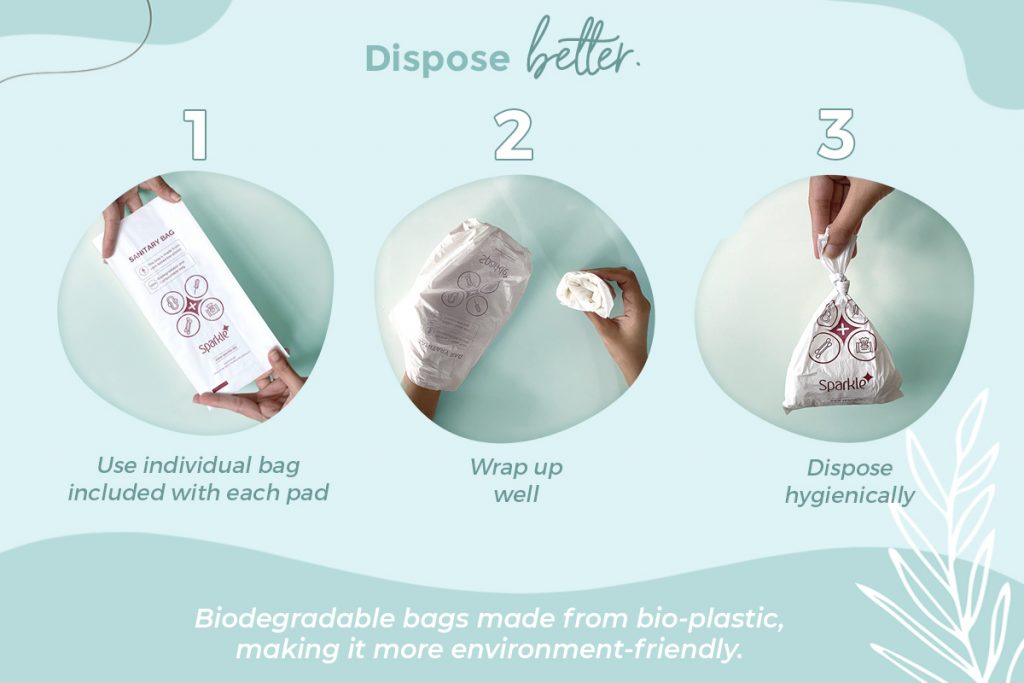
What About Sanitary Pads?
Yes, what about them? ‘segregation’ and ‘proper disposal’ have been the main obstacles concerning the management of the waste generated by menstrual products. Conventional sanitary pads contain up to 90% plastic and other petrochemical byproducts which remain unchanged in the landfill for around 600-800 years after disposal. What makes brands like Sparkle and other natural pad brands a better choice is that they do not contain plastic. Since these pads are made with bio-based, natural and compostable ingredients, they can break down much faster than conventional plastic pads, even in a landfill.
Another issue that needs to be addressed in the same context is that, apart from the accumulation of waste in dump yards, the exposure of used sanitary pads can cause a series of serious health problems to the sanitation workers as it is easy for several germs and infections to culture on a bloody pad which is left out in the open. This may lead to life-threatening health issues for these workers in the long run.
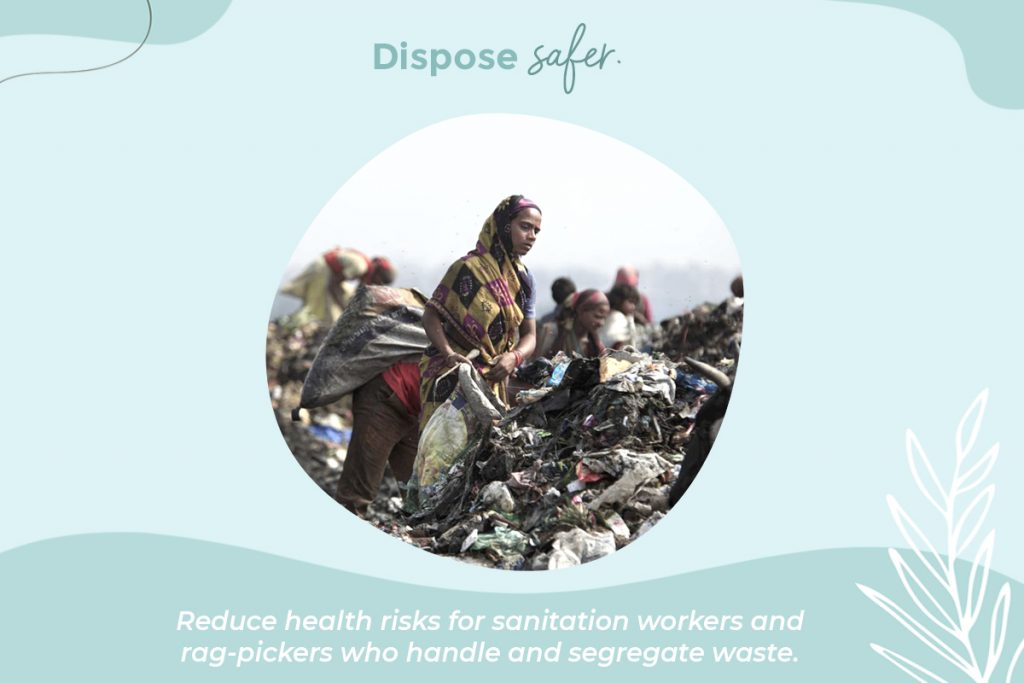
Controlling The Damage
From our individual choices about what type of products we purchase and how we dispose of them, to municipal or national waste management systems that include large scale industrial material recovery facilities or landfills, we can see that waste generation is a process that cannot be avoided completely. What we can do is try and bring in an effective waste management system from the time of production to the consumption of various products. For instance, plastic-free and chemical-free Sparkle pads are made from natural and sustainable plant-based ingredients. To ensure responsible disposal of used sanitary pads and to make segregation of sanitary pad waste easier, Sparkle provides individual leak proof and odor resistant disposal bags made from corn based bioplastic with every pad. This initiative is also aimed at reducing the risks of healthcare and sanitation workers who handle the waste after its disposal.
Next On The List
As a brand that has always been proactive in coming up with innovative and environment-friendly solutions, Sparkle’s next move is to provide a large disposal bag with each box of 7 pads. Customers can do their part by putting smaller individual disposal bags containing soiled pads inside the bigger, clearly marked disposal bag which can be easily identified by sanitation workers when segregating bio-medical waste at source. The bigger disposal bag, with all the soiled pads inside, will have instructions written in multiple languages as well as icons that visibly highlight that the disposal bag contains bio-medical waste. We believe that this simple idea can help waste-collectors segregate the waste materials at the source itself, and transfer them to the respective waste management facility, such as industrial composting facilities or bio-medical waste management facilities.
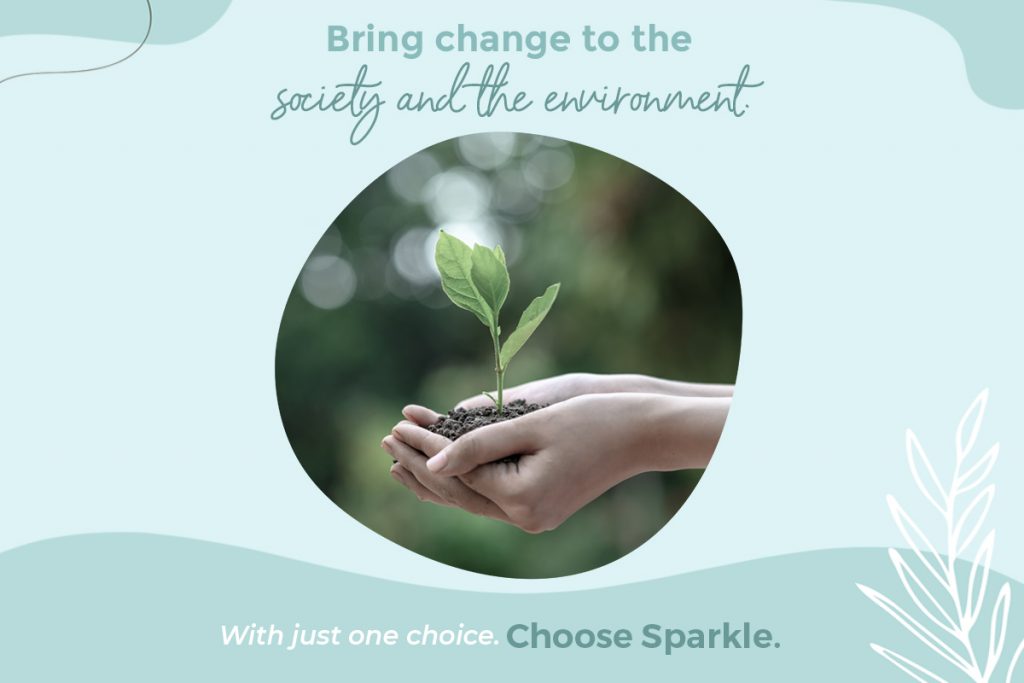
Our Long-Term Goal
When companies that manufacture and sell products put in genuine efforts towards educating customers about the entire product life cycle, starting from transparently outlining all the ingredients to facilitating ways to properly dispose the product after being used, we can initiate a sustainable change at a large scale. At Sparkle, we believe that once an effective waste management system is set in motion, customers will gradually adapt to segregating sanitary pads/diapers/condoms/tampons/tissues and other biomedical waste materials accordingly.
This initiative can then be launched as a nationwide campaign that can lead to significant alterations in government policies such as introducing biomedical waste segregation, collection and transportation systems within local waste collection facilities. We hope to encourage municipal waste collection systems to introduce a new category of waste in addition to ‘dry waste’ and ‘wet waste’ that can accommodate biomedical waste materials. As the biomedical waste collection system evolves and segregation at source becomes more efficient, this category can be further divided into biodegradable and non-biodegradable bio-medical waste. The biodegradable waste can be directed to industrial composting facilities and the non-biodegradable waste can be directed to solid bio-medical waste management facilities. This will help prevent the thousands of tonnes of waste from going to a landfill thereby reducing the amount of waste that is being accumulated.
We are aware that the journey towards establishing a proper waste management system towards this purpose can be quite challenging. Nevertheless, we are sure it is going to be a fulfilling one. After all, it is for the greater good of our planet and its people in the coming years.
